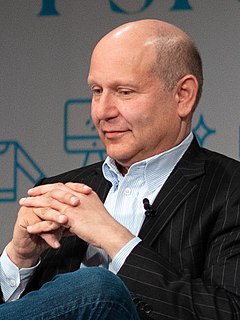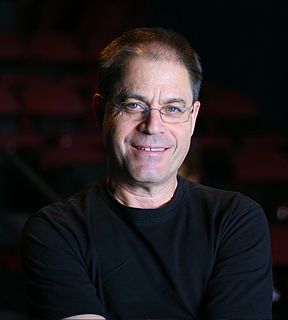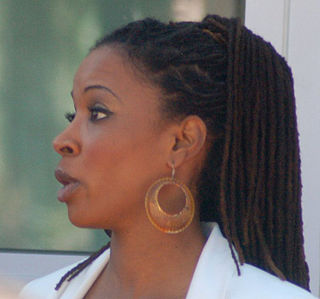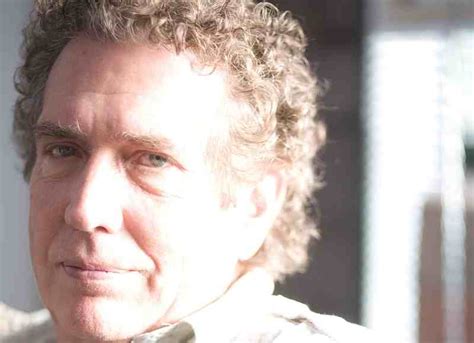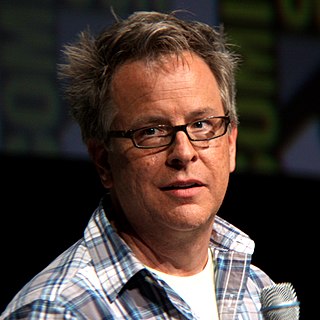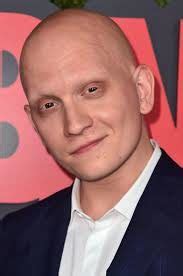A Quote by Chris Meledandri
If you're going to make a movie about a character who is a supervillain, it's fantastic to have a core sense of empathy for that character.
Related Quotes
As an actor, you don't want to ever get too comfortable where you're like, "I know this character," and you don't do the work anymore. Then, there's something that you're going to miss. If you always stay hungry to learn more about your character, that's a healthy thing, while having a great sense of who she is, at the core.
I'm not a big fan of violent movies, it's not something I like to watch. And it's not my aim or goal to make a violent movie. My characters are very important, so when I'm trying to depict a certain character in my movie, if my character is violent, it will be expressed that way in the film. You cannot really deny what a character is about. To repeat, my movie end up becoming violent, but I don't start with the intent of making violent movies.
The first thing that happens is the cleansing of the former character. I don't think a lot of actors talk about it, but there is usually a process where you essentially purge yourself of the character played prior to the movie. Then you want to think about what the character represents, and you write down all of the elements about this character and then take the time to find some synchronicity and start breathing the character.
It's - you know, acting's all about relatability and finding empathy for a character, which is essentially, kind of, you're finding empathy with a part of yourself, which is a part of a character that was written by someone else, which was essentially kind of a part of them as well because it was a voice in their head they wrote down.
I really feel our job as actors is to find a human experience in the character. So, for me, genre comes second; it's about script and the emotional journey of that character. Genre definitely has an impact, but it has more of an impact on the way the character is expressed. We all have the same core emotions of love, jealousy, rage - it's just how they're expressed.
